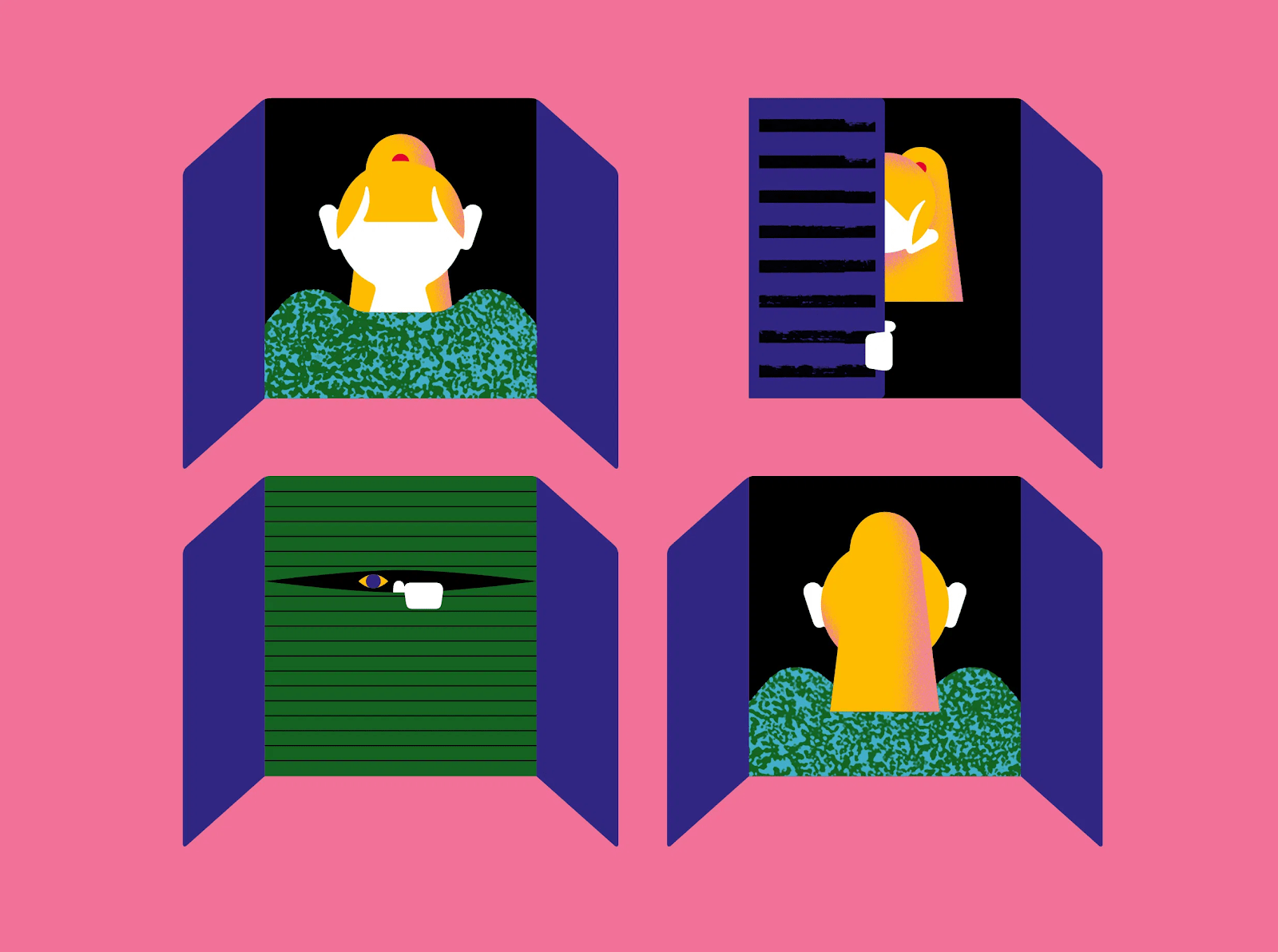
Johari Window
Say that we have just met and I like you , how do I find out more about you ? And how do I let you know more about me ? This is the process of self-disclosure on both of our parts , we ask questions to know more about each other , we give our feedback , exchange ideas and situations , etc ... Each one reveals information about "self" to "other" , whereas , when we interact with others we might find out things we didn’t know about ourselves too , those new things never told to us before or we had never thought about .
Through analytical eyes , all of that information can be figured out using something called “JoHari Window” which is a tool for understanding and training self-awareness, personal development, interpersonal relationships, group dynamics, team development and inter-group relationships .
JoHari comes from Joseph and Harry, both american psychologists (Joseph Luft and Harry Ingham) who developed this model of communication in the 1950’s representing the level of self-disclosure and receptivity to feedback in one relationship ( may apply to teams ) .
JoHari Window can be also defined as a method of plotting disclosive behaviors in a relationship , this window contains 4 panes , areas or regions when each side is a figure of what is known and unknown .
Everyone has known and unknown things about “self” which can be represented by the following window :
And because JoHari cares also about other’s thoughts , it represents what the others know and ignore about me as “YOU KNOW” and “YOU DON’T KNOW” :
When we superimpose both representations what “I ” and “You” know or ignore , we end up with a window with 4 distinct window panes :
- Open area, open self, free area, free self, or 'the arena‘ : what is known by the person about him/herself and is also known by others .
- Blind area, blind self, or ' blindspot ' : what is unknown by the person about him/herself but which others know .
- Hidden area, hidden self, avoided area, avoided self or ' façade ' : what the person knows about him/herself that others do not know .
- Unknown area or unknown self : what is unknown by the person about him/herself and is also unknown by others .
How to increase Open Area to find more about yourself ?
Increasing Arena can be done through asking for and receiving feedback which decreases what the person doesn’t know about you and gives you the ability to explore more about the unknown part , by others' observation (which increases the blind area) , by self-discovery (which increases the hidden area) , or by mutual enlightenment via group experiences and discussion .
Criticism :
The main criticism of the JoHari Window is not a structural problem (what the model is) but a practical concern (how the model is used). The model explicitly invites the sharing of personal information which can be seen as a red flag by some persons , whatever their ideology is , thus may affect what others see about them and conduct to a misunderstanding .
On the other hand , sharing too much sensitive information might lead to a negative judgment , for example , someone might talk about a past failure to mention the learned values ; however, the description of the failure could potentially backfire and cause a loss of trust. The success of the JoHari Window exercise depends on the maturity of the receiver and the ability of the facilitator to match the level of trust to an appropriate quality of disclosure . Consideration must also be given to cultures and age , which will have different degrees of sensitivity to feedback.
